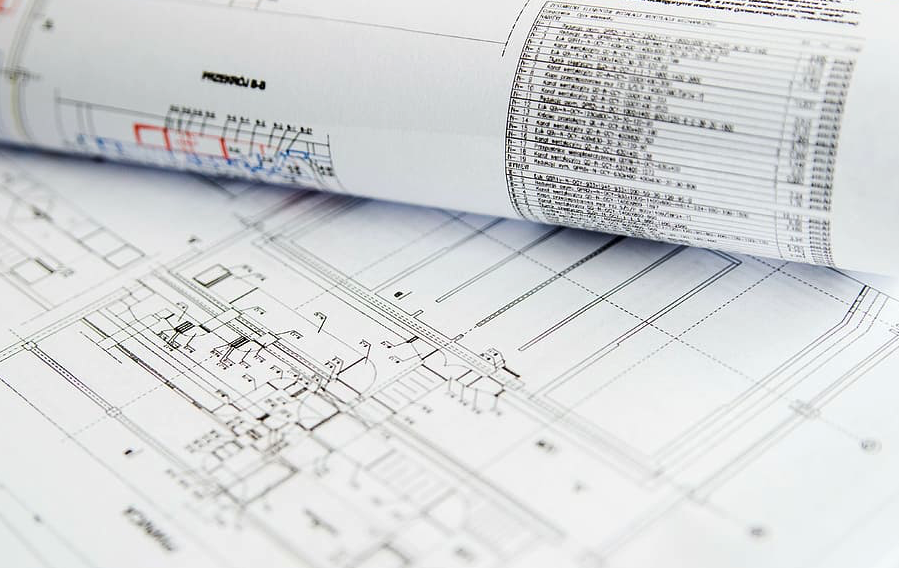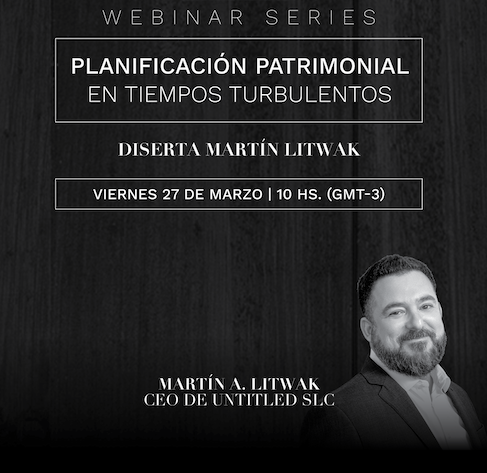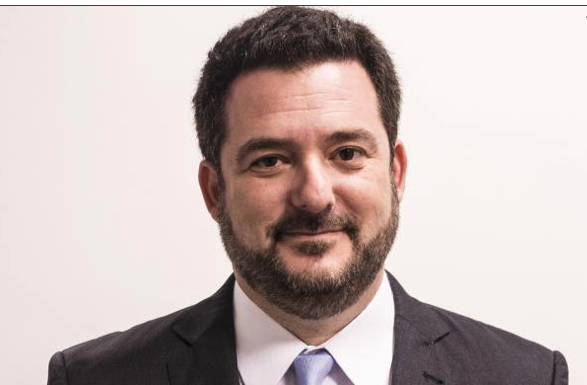Personal wealth, especially in times of crisis, is subject to many types of risk, and those risks are numerous;
- forfeiture;
- devaluation;
- double taxation;
- information leakage and theft;
- political unrest;
- inflation;
- lack of legal certainty;
- information exchanges;
- lawsuits and attacks from third parties;
- inheritance issues; and
- fiscal voracity.
Depending on the type of asset and most especially on the country of residence of the owner, some of these risks will be more prominent than others.
This is one of the reasons why wealth planning is a highly personal matter, which means that the same trust structure may be very efficient for a certain family and a bad choice for another.
At the same time, this is a very dynamic field and the need to be up-to-date is paramount: formerly efficient solutions may not be appropriate today.
Through efficient wealth planning, the impact of a number of these risks can be avoided or at least mitigated; hence its growing importance.
When we say wealth planning, what exactly do we mean?
In a nutshell, wealth planning consists of determining what is the most efficient way to own each of the assets composing a person’s or a family’s wealth and what is the most efficient way to transfer these assets to the next generations. Both of these actions will fulfill the goals of their original owner and go a long way to mitigating the risks mentioned above.
THE CURRENT SITUATION
We now live in extraordinary times. The COVID-19 crisis is exceptional and its impact on wealth planning is as great as it is on our everyday life.
Broadly speaking, crises situations tend to increase the probability of the risks we have mentioned, and they often amplify the magnitude of their consequences.
For example, there is no country (with the exception of Venezuela) that is considering a rise in taxes and there are many, in fact, which have reduced them or extended their maturity.
Nonetheless, in my opinion it is highly likely that, once the COVID 19 threat has been resolved, many countries facing unprecedented economic crisis will be forced to take pro-active measures with regard to taxation.
Another troubling consequence in times of crisis is the restriction of personal freedom.
In the case of wealth planning, this could come about through new regulations enacted by the state on individual privacy, much like what we saw enacted in the wake of 9/11. I would not be surprised at all to see this happen once more.
Finally, every economic crisis (especially a global one) creates unemployment and an increase in street violence, which amounts to a clear threat to wealth, especially in regions which were already prone to violence before the pandemic (such as several Latin American countries).
At first glance, it is impossible to deny that the current crisis raises considerably the importance of efficient wealth planning, and since most of us have more free time than before the outbreak, I would like to suggest that this topic should go onto your “to do” list while you are in quarantine.
WHAT ARE THE RICH DOING?
My experience shows that the wealthiest have been the first to adapt their behavior to this current situation.
From a strictly financial point of view, decision-making in this type of families have been focused on:
- rebalancing investment portfolios;
- taking advantage of investment opportunities (or get ready to do so); and/or
- preserving assets in the long term.
From the point of view of wealth planning, they have:
- used this opportunity to transfer wealth to the next generation or to trust structures;
- revised and updated their trust structures; and/or
- worked on pending issues (among others, family protocols or business succession planning).
WEALTH PLANNING OPTIONS FOR ALL
While not all wealth planning tools are available to all people (as occurs with any other good or service), the truth is that all of us can take actions to protect our legacy.
It should be noted that wealth planning can be done not only through the establishment of various types of legal vehicles but also through the purchase of a certain type of asset.
If, for example, a person’s objectives are exclusively related to tax, wealth planning could be based on the acquisition of tax-exempt financial assets.
If, on the contrary, a greater degree of privacy were pursued, an investment could be made in non-financial assets, not subject to information exchange between countries (i.e. real estate, jewelry, vintage cars, works of art and/or cryptocurrency).
Naturally, there are times when the main goal is to seek greater legal certainty or address matters of inheritance or asset protection. In these cases, wealth planning will necessarily require the creation of one or more legal structures.
In this last scenario, the key is to choose the right structures, jurisdictions and providers.
The legal tools available for wealth planning go from the simple drafting of a will to international relocation, or the creation of companies, trusts, foundations and family investment funds and/or purchasing life insurance.
Some of these tools allow for a more orderly inheritance, while others go further, offering clear tax advantages. Such is the case of irrevocable discretionary trusts, which in most countries of this region allow the individual to postpone income taxes and avoid wealth taxes; or the case of family investment funds, typically permitting a postponement of income taxes and eventually a lower payment when retrieving funds.
The most important aspect in determining the best wealth structure for an inidivdual client is to know their objectives and needs, to analyze the risks they are facing and to study in depth the laws of their country of fiscal residence.
And, to close the loop, in matters of international wealth planning, it is always critical that solutions should adapt themselves to planning and not the other way around.
Column by Martín Litwak



